Could liquid copper be the answer to data center cooling needs?
In this InTechnology video, Camille talks with episode co-host Jennifer Ard, Managing Director and Head of Investment Operations at Intel Capital, and guest Ian Winfield, Vice President of Product & Applications at Fabric8Labs. They get into Fabric8Labs’ groundbreaking electrochemical additive manufacturing (ECAM) process, the applications and advantages of the ECAM technology, and how Intel Capital and Fabric8Labs are working together to shape the future of additive manufacturing.
Learn more about Intel Capital here.
Fabric8Labs’ Groundbreaking Electrochemical Additive Manufacturing Process
Ian begins by explaining how electrochemistry is traditionally used to create advanced materials and nanostructures, typically in the form of thin film coatings. However, Fabric8Labs founders Jeff and David introduced him to the transformative potential of electrochemical additive manufacturing (ECAM) through their innovative technology. In essence, Fabric8Labs is both an advanced manufacturing technology company and a foundry, leveraging is proprietary technology to produce parts. Their ECAM process stands out due to its scalability and liquid-based approach. In contrast, Ian and Jen note that other additive manufacturing processes or 3D printing technologies are challenging to scale and depend on metal powders. Ian elaborates on how Fabric8Labs combines electrochemistry with display technology to achieve higher precision at a lower cost. Regarding product readiness, Ian mentions that they have expanded the build area to approximately five by five inches and are beginning production in their full-scale pilot plant. He adds that the printers are the size of a small refrigerator and can easily scale up units by sharing a single plumbing system.
Exploring the Applications and Advantages of Fabric8Labs’ ECAM Technology
Currently, Ian explains that their primary focus is on pure copper, particularly for thermal management and RF devices. The demand for thermal management is driven by AI and machine learning, which require substantial power and cooling in data centers. He highlights that Fabric8Labs’ ECAM process offers an effective solution through copper liquid cold plates, which efficiently dissipate heat from systems. Similar cooling applications are also essential in the automotive industry. Another advantage of the ECAM technology is the ability to use software to design and manufacture custom cooling devices to address non-uniform hotspots in chips. For RF applications, Ian lists various uses for their ECAM process, including phased arrays, feed horns, antennas, satellite communication systems, 5G base stations, and automotive radar. Ultimately, he emphasizes Fabric8Labs’ focus on high-volume applications for their clients.
A significant benefit of their ECAM technology is its sustainability. Ian underscores the efficiency of converting metal from an ion to a metallic form using electrochemistry. This allows for a circular system that significantly reduces power consumption by using scrap copper, making the process effectively carbon neutral. Additionally, the water-based feedstock results in minimal to nearly no waste stream. Energy consumption is further reduced through room-temperature printing, achievable because copper does not need to be heated above its boiling point.
The Future of Additive Manufacturing: Fabric8Labs and Intel Capital’s Pioneering Partnership
Jen explains that Intel Capital was highly impressed with Fabric8Labs’ unique technology and their use of liquid copper that can achieve micron-scale precision, particularly for semiconductor and electronic manufacturing applications. She adds that Intel Capital envisions Fabric8Labs playing a crucial industry role in the semiconductor thermal and electronics sectors for years to come. Ian also discusses Fabric8Labs’ work beyond copper, with materials such as nickel and nickel alloys, platinum, palladium, gold, and tungsten alloys. He mentions that their ECAM technology is also suitable for creating minimally invasive surgical tools in the medical device field. Overall, he outlines Fabric8Labs’ current focus on scaling and centralizing their technology, with plans to develop strategic partnerships to establish facilities worldwide.
Jennifer Ard, Managing Director and Head of Investment Operations at Intel Capital

Jen has been the Managing Director and Head of Investment Operations at Intel Capital since 2020. She joined Intel Capital in 2011 as a Controller for the Manufacturing & Wearables/New Technologies Sectors and later advanced to the role of Investment Director before assuming her current position. Before her time at Intel Capital, Jen served as a Senior Financial Analyst for Intel Corporation from 2004 to 2011. She became a CFA charter holder in 2011 and holds an M.B.A. from Brigham Young University.
Ian Winfield, Vice President of Product & Applications at Fabric8Labs

Ian is the Vice President of Product & Applications at Fabric8Labs, having previously served as the Director of Product. With over 15 years of experience in nanostructure and composite materials, as well as additive manufacturing, Ian has worked with companies such as Viasat, UTC Aerospace Systems, and Integran Technologies. He also volunteers with the SDSU Aztec Mentor Program. Ian holds an M.A.Sc. in Materials Science and Engineering from the University of Toronto and an M.B.A. from San Diego State University.
Check it out. For more information, previous podcasts, and full versions, visit our homepage.
To read more about cybersecurity topics, visit our blog.
#additivemanufacturing #electrochemicalmanufacturing #IntelCapital
The views and opinions expressed are those of the guests and author and do not necessarily reflect the official policy or position of Intel Corporation.
—–
If you are interested in emerging threats, new technologies, or best tips and practices in cybersecurity, please follow the InTechnology podcast on your favorite podcast platforms: Apple Podcast and Spotify.
Follow our host Camille @morhardt.
Learn more about Intel Cybersecurity and Intel Compute Life Cycle (CLA).
